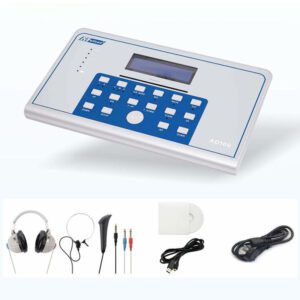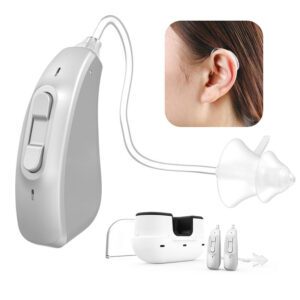Medicare generally does not cover hearing Aids or the cost of routine hearing exams. However, it may cover certain diagnostic tests if a doctor orders them to determine the cause of hearing Loss or other medical conditions. Despite this, the actual cost of hearing aids and fittings remains uncovered by Medicare.

Medicare Part A & Part B
Medicare Part A (hospital insurance) and Part B (medical insurance) do not pay for hearing aids or their fittings. The only exception is if hearing loss results from a Medicare-covered injury or illness. In such cases, Medicare may cover necessary medical treatments, but not the hearing aids themselves.
Medicare Advantage (Part C)
Some Medicare Advantage plans (Part C) offer additional benefits that may include hearing aid coverage. These plans are provided by private insurance companies and may help cover the cost of hearing exams, hearing aids, and fittings. If hearing aid coverage is important to you, it’s worth checking your specific plan details to see what benefits are available.
Other Financial Assistance Options
If you need help paying for hearing aids, several alternatives exist, including:
- Medicaid (coverage varies by state)
- State assistance programs
- Veterans’ benefits (VA programs)
- Discount programs through manufacturers or retailers
Since hearing aids can be expensive, exploring all available options can help make them more affordable.
Would you like help finding specific financial assistance programs for hearing aids?


